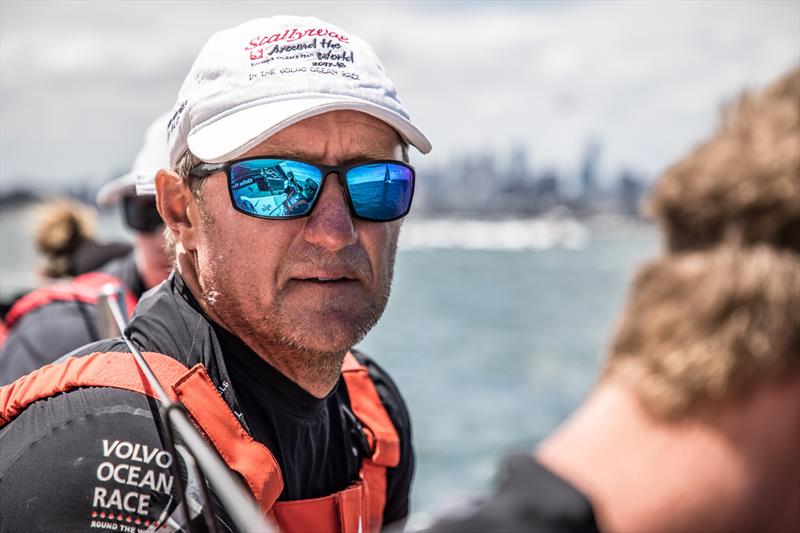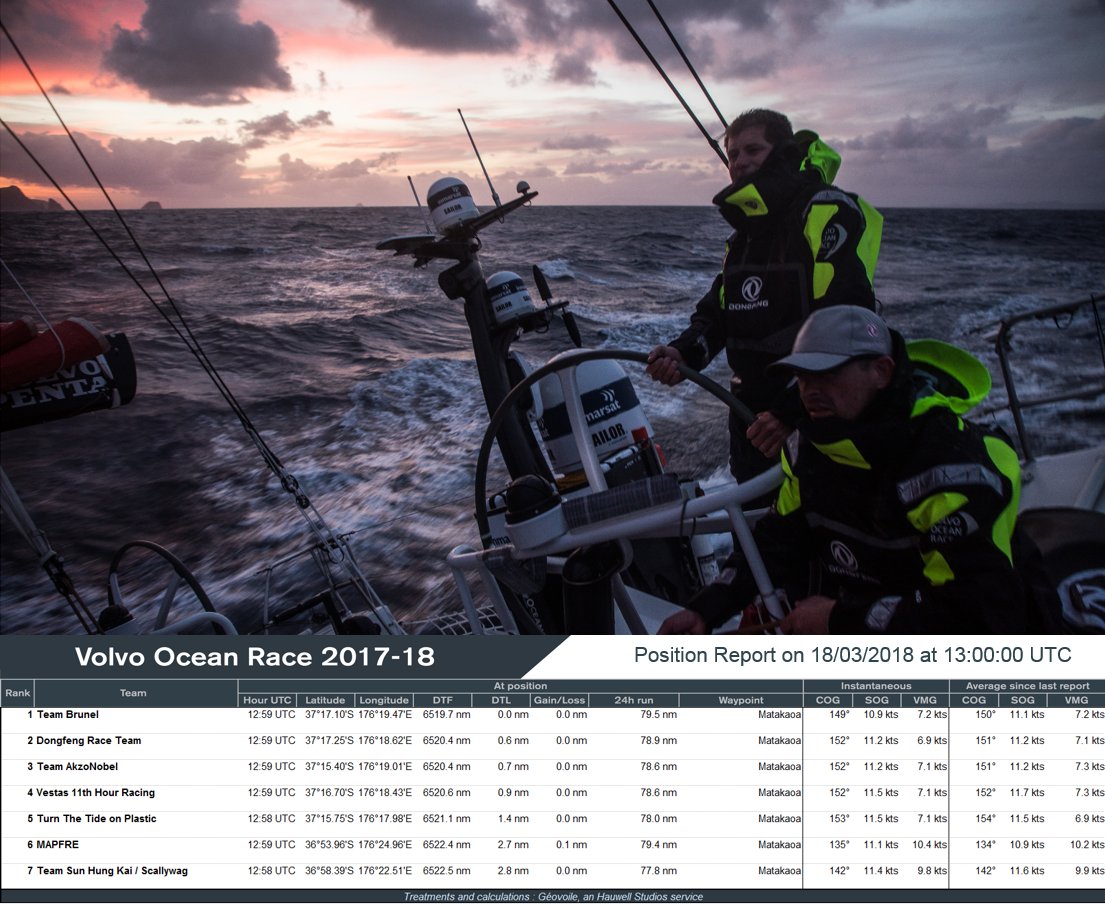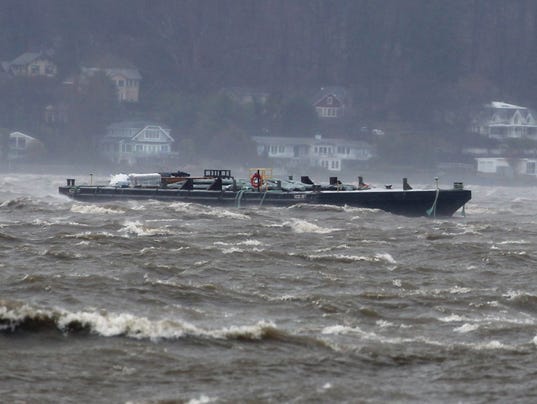

The sweet smell of toluene, the chirp of a saw, fragments of Bach, the scent of tobacco, and the Budweiser-bred gravelly voice are what - until today - I knew of the genius next door. For the past 10 years my boat's winter slot has been next to one of the boats Saul Chandler (nee Lipschutz) was busy restoring. We are neighbors in Washington Heights too; and his son sells boats and runs a launch in season at Barron's Boatyard where my boat has been stored. And - thanks to a master woodworker Pat Montalbano - my North River 2 has recovered from mishaps - like dismasting in a gale by a boat that broke loose from its mooring.
So I didn't know that there was another master craftsman at the City Island yard - until this morning's Times unveiled Saul's first craft. As a child prodigy. As a violinist bound for the heights - Carnegie Hall at 11, Juilliard, et cetera he gave even Itzhak Perlman a run for his money. - gwc
Redemption of a Lost Prodigy - The New York Times
As a teenager, he was an elite violinist,
a rare talent. Then, something
happened. Fifty years later, he has
found a refuge in a City Island boatyard.
By ALEX VADUKUL MARCH 30, 2018
As the sun set and the tide started to rise around City Island, the seaside village off the eastern tip of the Bronx, Saul Chandler took his seat at a bar called the Snug. Mr. Chandler, 70, a small man who smokes cheap cigars and refuses Budweiser not in glass bottles, is one of the island’s waterfront eccentrics. He is a bar-stool fixture at the pub, known for telling bawdy jokes and paying the tabs of strangers before slipping into the night.
He likes rambling about his boat, a two-masted schooner docked nearby. The shipyard was lonesome throughout winter, but he was usually in the hull of the schooner drinking beer and sawing wood by lamplight, classical music echoing from a radio in his cabin. He mostly tells stories: how he glued himself to a boat he was repairing and had to rip himself free and wander off in his underpants, how he nearly sank in the Bermuda Triangle, how he has named vessels after the Herman Melville novels “Typee” and “Omoo.”
After a few beers, however, Mr. Chandler might tell a story that is not of the cheerful maritime sort:
“I played Carnegie Hall twice before I was 13.”
“I was known for my Bach.”
“They turned me into a trained monkey.”
“If I could forget about music I would.”
When asked to say more, he shrugs, and the stories fade into the barroom haze. But this mysterious specter follows him to his boat. When music is playing on the radio, if a certain violin concerto comes on, he may get up and switch the station off. “The violin upsets me,” he said. “It reminds me of terror.”
Specifically, it reminds him of his gift. A gift he has spent his life trying to forget.
In the 1960s, Mr. Chandler was one of the most promising classical violin prodigies in New York. He started attending the Juilliard School of Music’s prestigious preparatory division when he was 9, he played at Town Hall and Carnegie Hall before he was 11, and he performed Mozart live on WNYC when he was 13. His pedigree was of the highest order: he was a student of Ivan Galamian, the legendary Armenian violin teacher who taught future superstars of classical music like Michael Rabin and Itzhak Perlman. Mr. Chandler’s greatest triumph, he claims, was once getting a better grade than a teenage Itzhak Perlman at Juilliard. “No one could beat him,” he said, dragging on his cigar. “Not until me.”















